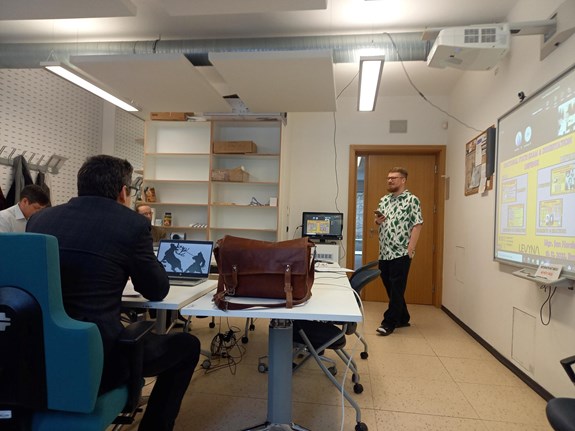In the first part of this thesis, he presents his integrative account. First, Jan shows how thoroughly dependent humans are on the process of social learning that allows them to flexibly optimize their behavior in an environment that is highly spatially and temporally variable – something that is especially true for moral domain. Second, Jan discusses how our evolved moral psychology favors those types of social learning of moral information that are rather informal in nature, aim more at influencing affectively laden moral intuitions rather than faculty of reason, and incorporate narrative elements. Third, Jan argues that narrative art itself has close ties to morality and has been employed in the hominin lineage precisely for its ability to transmit adaptive information about one’s local environment, prominently information about the social environment, including moral norms. The second part takes the form of a case study which enables Jan to flesh out in concrete terms this theoretical framework through its application to one example of modern narrative art that has enjoyed immense popularity lately – contemporary American rap music. After discussing the reasons for choosing rap music as a subject of his case study, Jan analyzes it through the lenses of the theory of cultural evolution. He looks at the pathways and the scope of cultural transmission that is taking place in rap music and how various rappers harness the power of transmission biases to enhance their cultural success. In the last chapter, Jan discusses several moral topics resonating through rap lyrics that have been implicated in influencing the moral outlook of its recipients.
You can find his thesis here:
https://is.muni.cz/th/l8t5v/horsky_dissertation_final.pdf




